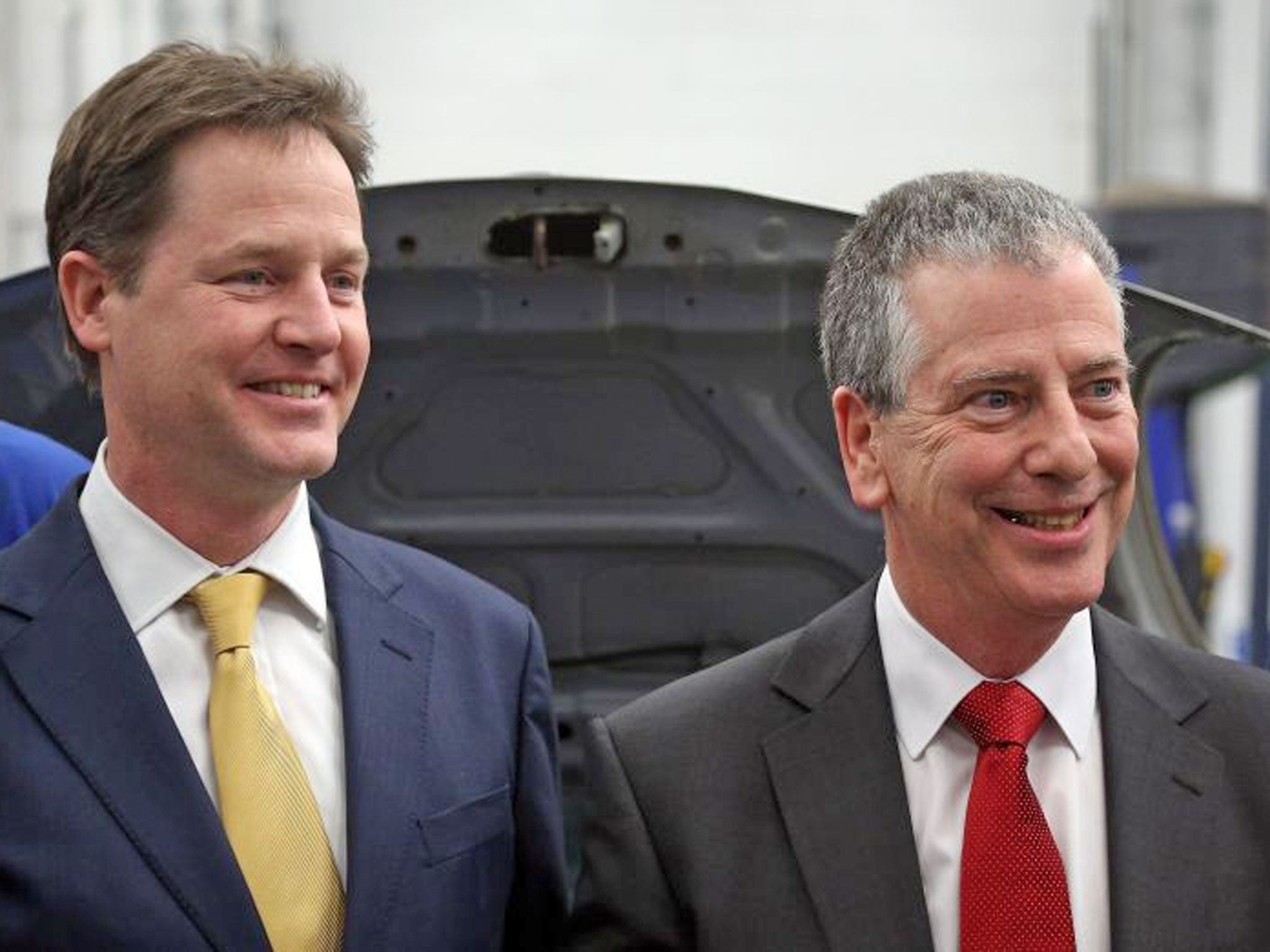Infrastructure plan falls flat as just seven out of 576 projects are completed

Your support helps us to tell the story
From reproductive rights to climate change to Big Tech, The Independent is on the ground when the story is developing. Whether it's investigating the financials of Elon Musk's pro-Trump PAC or producing our latest documentary, 'The A Word', which shines a light on the American women fighting for reproductive rights, we know how important it is to parse out the facts from the messaging.
At such a critical moment in US history, we need reporters on the ground. Your donation allows us to keep sending journalists to speak to both sides of the story.
The Independent is trusted by Americans across the entire political spectrum. And unlike many other quality news outlets, we choose not to lock Americans out of our reporting and analysis with paywalls. We believe quality journalism should be available to everyone, paid for by those who can afford it.
Your support makes all the difference.Only seven of the 576 major building projects in the Government's much-trumpeted national infrastructure plan have been completed, according to a report out today.
Only 1 per cent of the schemes are operational and just 18 per cent are said to have "started" or to be "under construction". The figures, compiled by Labour from Treasury figures, will fuel demands from Liberal Democrat ministers for the Coalition to do more to kick-start the economy.
Nick Clegg has admitted his frustration at the long delays between government-backed schemes being announced and completed. The Lib Dems are also concerned that Treasury "guarantees" to break the logjam on projects are not always as effective as the Government hopes.
In behind-the-scenes talks between the Coalition parties on next month's Budget, the Liberal Democrats will press for more capital spending. But they will not call for existing spending limits to be breached as that would amount to demanding a "plan B", undermining Coalition unity on the central goal of cutting the deficit. Measures to increase housebuilding are already planned but Mr Clegg and Vince Cable, the Business Secretary, will urge Chancellor George Osborne to go further in his 20 March Budget.
In a Commons debate today, Labour will attack the snail-like progress of the projects stuck in the pipeline. It will claim most schemes completed are road projects started under Labour, including one begun in 2007.
Rachel Reeves, the shadow Chief Treasury Secretary, said: "The Government's record on infrastructure is one of failure of ambition and failure of delivery. It slashed infrastructure investment by £12.8bn compared to the plans it inherited, which even Nick Clegg has admitted was a mistake. Even of those projects which have not been cancelled, government figures show just one in 100 have been completed and fewer than one in five have started construction."
She added: "The Chancellor must put this right and genuinely bring forward long-term infrastructure investment, including building thousands more affordable homes. Now is exactly the right time to be making these investments. Not only would it help to kick-start our flatlining economy and get construction workers back to work."
A Treasury source hit back, saying: "Labour's hypocrisy knows no bounds – its final Budget planned to cut capital investment by over 20 per cent. Since the 2010 Budget we have increased capital spending by £20bn, mainly due to tough decisions to cut current spending. Under Labour no national infrastructure plan even existed, whereas we have for the first time set out a multi-year long-term strategy."
In today's debate, Labour will seek to exploit Mr Clegg's suggestion last month that the Coalition was wrong to cut capital spending when it took office in 2010. He insisted later he was being "self-critical", saying that most people accepted at the time the planned cuts the Coalition inherited from the previous Government.
According to Labour, public sector gross investment was £3.2bn lower in 2010-11 than Labour planned, £2.9bn lower in 2011-12 and is £6.7bn lower in the current financial year.
Labour has commissioned Sir John Armitt, who chaired the Olympic Delivery Authority, to come up with plans to improve the decision-making.
Join our commenting forum
Join thought-provoking conversations, follow other Independent readers and see their replies
Comments